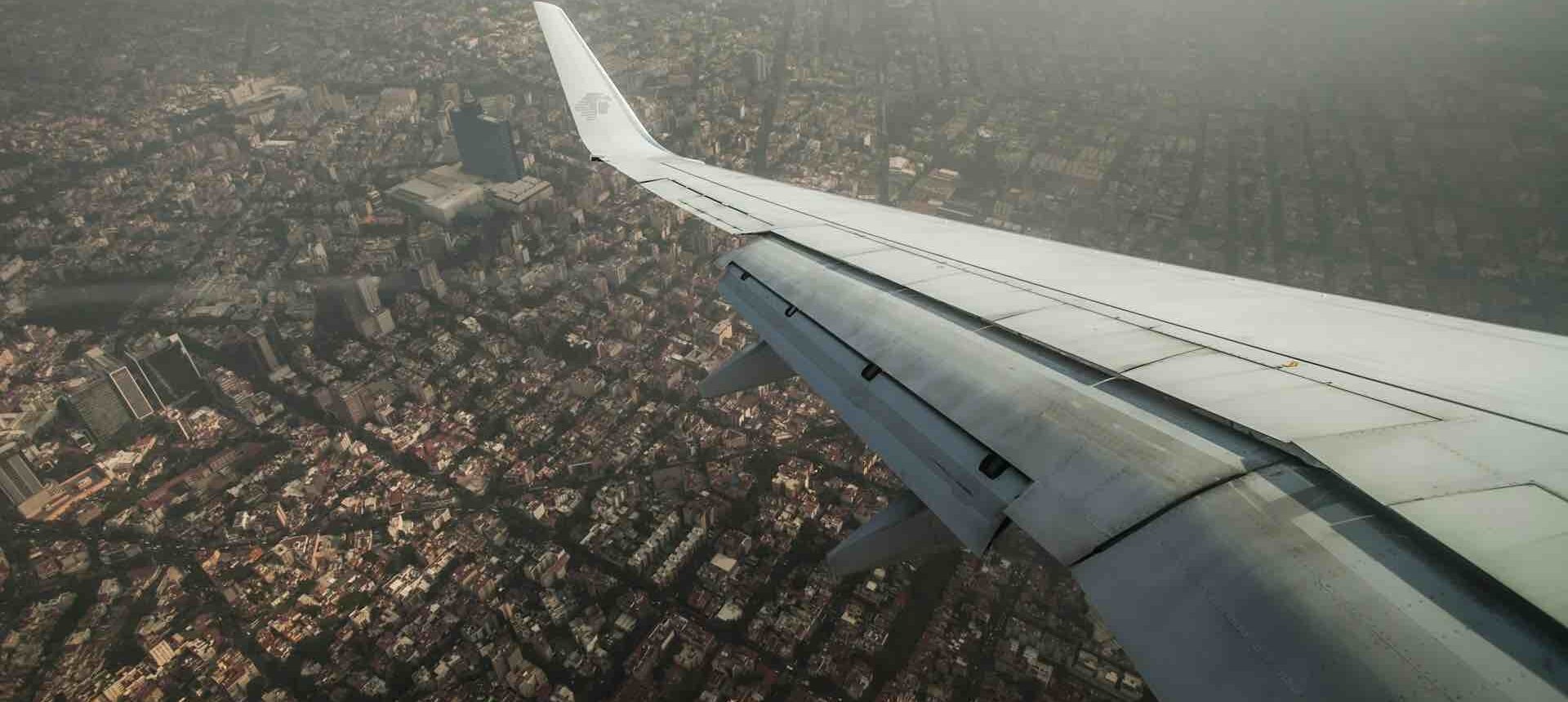This summer, British expats flying back to the UK from somewhere like the Philippines will encounter several significant complications due to ongoing geopolitical tensions in the Middle East.
The situation remains unstable, with particular concern around Iranian and Israeli airspace closures, US military involvement, and shifting Gulf state alliances. All of this affects flight safety, timings, and airline operations (which means costs to you).
1. Flight Path Disruptions and Airspace Closures
The most pressing issue is that many of the usual flight routes to the UK from Southeast Asia traditionally pass over parts of the Middle East. As of June 2025, key airspaces over Iran, Iraq, Syria, Israel, and Jordan are restricted or closed.
Airlines are being forced to re-route, often detouring over Saudi Arabia or taking longer routes north via Central Asia. This can add hours to journey times and increases operational risk and complexity.
Most affected:
- Emirates, Qatar Airways, Etihad (frequent transits over the Gulf)
- Turkish Airlines (uses eastern Mediterranean corridors)
Less affected:
- Singapore Airlines (although they’ve stopped flying to Dubai after the US bombed Iran’s nuclear facilities),
- EVA Air, and Thai Airways (tend to route over China and Russia, though subject to obvious changes given their diplomatic relations)
Practical Implications
- Longer flight durations
- Unexpected layovers or time changes
- Some flights cancelled or temporarily suspended
2. Airline Reliability and Gulf State Diplomacy
British travellers have long relied on Gulf carriers—Qatar Airways, Emirates, Etihad—for their reliability and comfort. However, the diplomatic landscape in 2025 is nuanced.
Qatar and Saudi Arabia maintain working relationships with both Iran and the West. This gives them a diplomatic balancing act but also places their airlines in a delicate position.
Flights continue, but with increased caution. The UK’s Foreign Office has not declared bans on these routes, but airlines are updating schedules day by day. Booking flexibility is now more important than price.
3. Insurance, Refunds and Travel Risks
Many insurance policies exclude coverage for disruption caused by warzones or government airspace closures.
Check your policy for terms under “civil unrest,” “war exclusions,” and “route disruption.”
Also note:
- If the Foreign Office declares a country or airspace unsafe, your insurer may not pay out
- Airlines are not always obliged to refund if reroutes are deemed “force majeure”
Expats should favour flexible tickets and avoid low-cost deals with strict cancellation terms.
4. Cost and Convenience Trade-offs
As routes get longer and airlines face higher fuel costs, these increases may be passed on to customers. Expect fewer ultra-cheap summer fares.
What to do:
- Book well in advance with reputable carriers
- Use direct bookings (not third-party agents) for better customer service in case of disruption
- Monitor the FCDO website and sign up for travel alerts
5. Final Advice for British Expats planning on these Routes
If you’re planning to fly to the UK in summer 2025:
- Check route updates regularly. Don’t assume your usual route is operational.
- Choose flexible fares. Pay a little more for the option to change.
- Monitor UK Foreign Office travel guidance. If they advise against travel, insurance cover may not apply.
- Stick with major airlines. Thai Airways, Singapore Airlines, Qatar Airways and Emirates have the capacity to adapt. Small budget carriers may not.
- Stay informed. Join airline loyalty programmes, use alerts from your bank or travel app, and keep your travel insurance up to date.
British Abroad will continue to monitor developments and provide practical updates to expats. If you’re concerned about the safety, cost or practicality of returning to the UK this year, don’t leave it to chance.
And above all, keep your arrangements flexible.

